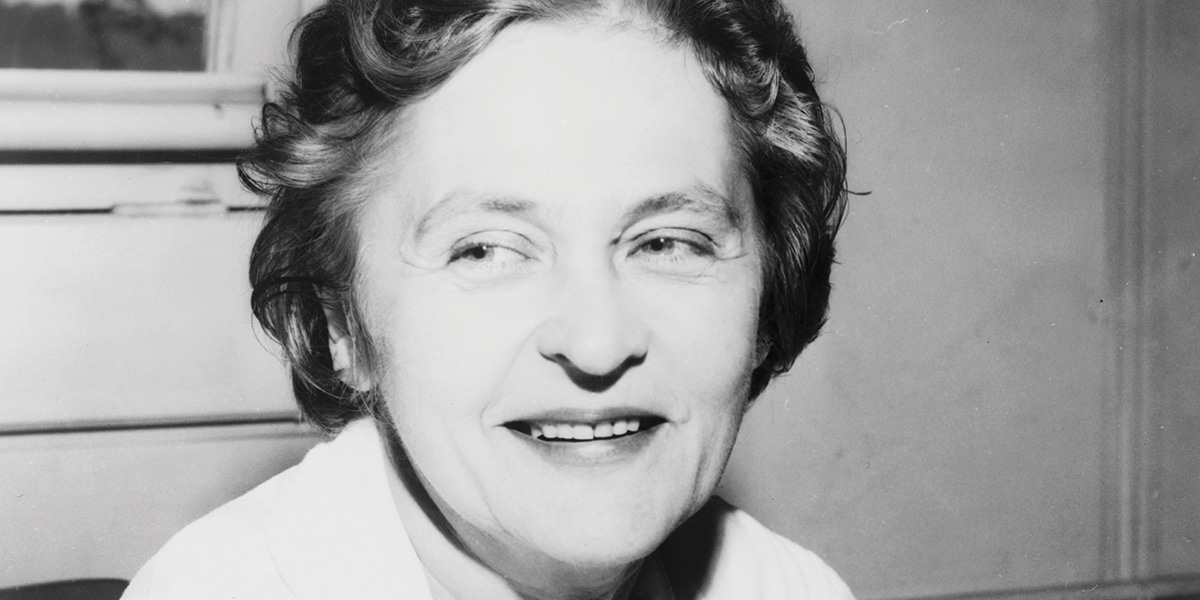American Experience on PBS, April 4 (check local listings)
Former UK Prime Minister Margaret Thatcher once said: “If you want anything said, ask a man. If you want anything done, ask a woman.” That quip could aptly describe Hungarian-born Mária Telkes, PhD (1900–1995), a trailblazing biophysicist who overcame misogyny within her scientific community to pioneer solar energy. Just in time for Earth Day, American Experience pays homage to this environmental trailblazer in the thoughtful documentary The Sun Queen.
Born to a Jewish family in Budapest, Telkes showed an affinity for science at an early age, graduating with a BA in chemistry in 1920 and a PhD in 1924. She fell in love with the United States when she visited and never left, eventually working in the division of solar energy at MIT. During World War II, the US government would engage Telkes in creating a desalination device to turn salt water into drinking water, but jealousy from colleagues would delay its completion.
Undeterred, Telkes shifted her post-war efforts to harnessing solar energy. She understood that fossil fuels are not an infinite resource, but clean energy likely is. In 1948, Telkes partnered with architect Eleanor Raymond to create the Dover Sun House in Massachusetts, the world’s first solar-heated home. Hailed as a breakthrough in modern science and a template for using clean energy, Telkes was praised the world over for this innovation. But members of the scientific community never fully backed her efforts. Nevertheless, she persisted.
Telkes, who could be obsessive to the point of manic in her pursuits, created the first solar oven and registered over 20 patents in her lifetime. She died at 94 while visiting her native Budapest. In the ensuing decades, sadly, her name outside of scientific circles would be largely forgotten. Until now.
Credit to the filmmakers for presenting a three-dimensional portrait of a brilliant and complicated woman decades ahead of her time. Telkes, the film asserts, was aggressive. She knew she was right in her solar pursuits and could be a difficult force to weather (no pun intended). The film also maintains that Telkes exhibited qualities that are praised in men but discouraged in women: assertiveness, confidence, and deep intelligence. But with a bullish Eastern European bravado, she never lost sight of humanity’s potential to embrace innovative technologies.
We know now that Telkes was prescient: According to a report from 2015, oil will be depleted in 51 years, coal in 114 years, and natural gas in 53. The global demand for fossil fuels, scientists warn us, will eventually make the planet uninhabitable. The answer to this crisis, Telkes knew, was overhead.
What would this bold scientist say of our lethargy in harnessing clean energy today? Michelle Addington, an engineer interviewed in the film, said it best: “She would be shocked that we are still not fully embracing the most powerful thermal force that we have in the universe.”








